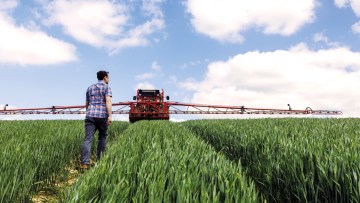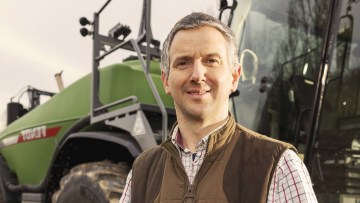SPRING 2024
On Farm with Scott Campbell
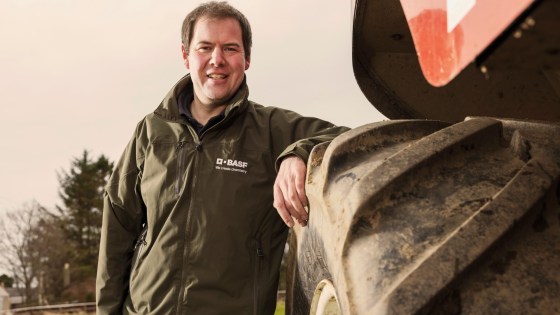
About Scott
Scott Campbell is the 4th generation of Campbells farming at Kirkton of Kinellar in Aberdeenshire, where he farms the 415ha arable enterprise of winter wheat, winter oilseed rape, winter oats and spring barley in partnership with his father and uncle.
When it comes to winter wheat, half is established with a plough-based system and half with min till which he finds reduces soil erosion and costs. Wheat is sold for distilling and for pig feed.
Margin is king at Kirkton of Kinellar, and all costs are scrutinised, with on farm trials helping to inform choices and Scott’s attention to detail ensuring that the foundations are right in each field for crops to perform to their potential.
“We regularly maintain the drains, apply muck, test our soils’ pH, phosphate, and potash levels, and make sure we establish crops in good time. We also do leaf testing in the crop to ensure growing conditions are as good as we can get them.”
This season he has some autumn sown cover crops, forage rye mixed with oil radish, on land destined for spring cropping to keep nutrients in the soil.
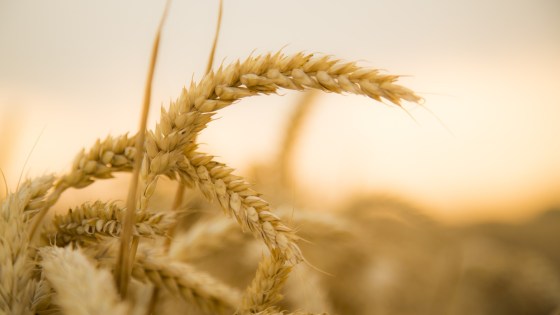
Resilient Disease Control
Disease control starts with variety, and then he looks at fungicides from then on. Scott has five varieties in the ground, which he feels helps to spread the risk: KWS Dawsum, SY Insitor, RGT Bairstow, KWS Colosseum, and Bamford.
He has dropped long term stalwart LG Skyscraper, “It has served us well with high yields, but KWS Dawsum has a Septoria rating which is 1.5 points higher.
Our winter wheats are sown early, leading to an increase in disease pressure and with the maritime climate producing an average 870mm of rain, Septoria is the main concern.”
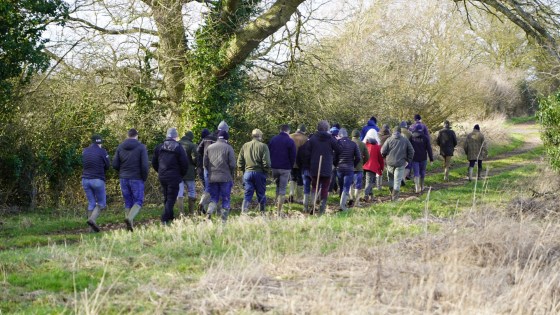
Involvement with Real Results
“Involvement with the Real Results trials group has been absolutely brilliant.”
Scott has met like-minded growers and been able to discuss with them a wide range of agricultural topics but the thing he values most is being able to trial those products on his own farm, with his own soil type, in fields that he knows.
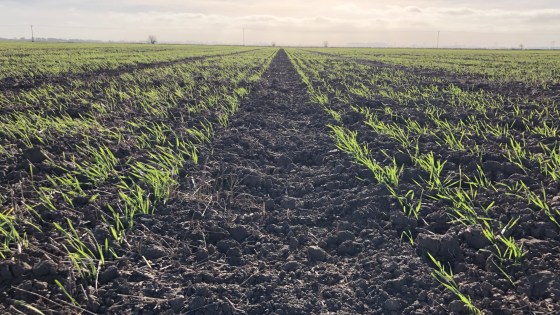
Autumn 2023
Fortunately, crops were drilled before the bad weather in October.
“We had almost 80% of our annual rainfall in October, November and December making it a really challenging season for the growing community, probably the biggest challenge I have seen in my farming career and probably my father’s generation as well.”
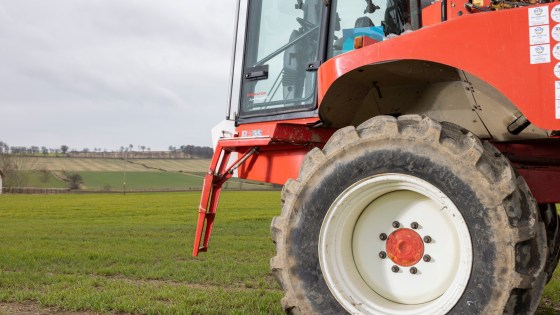
Spring 2024
Scott considers himself very lucky as only 2-3% of his crops have been damaged, one with quite bad soil erosion, however, currently crops are faring pretty well considering the rainfall that they have had, which he attributes to the early drilling.
